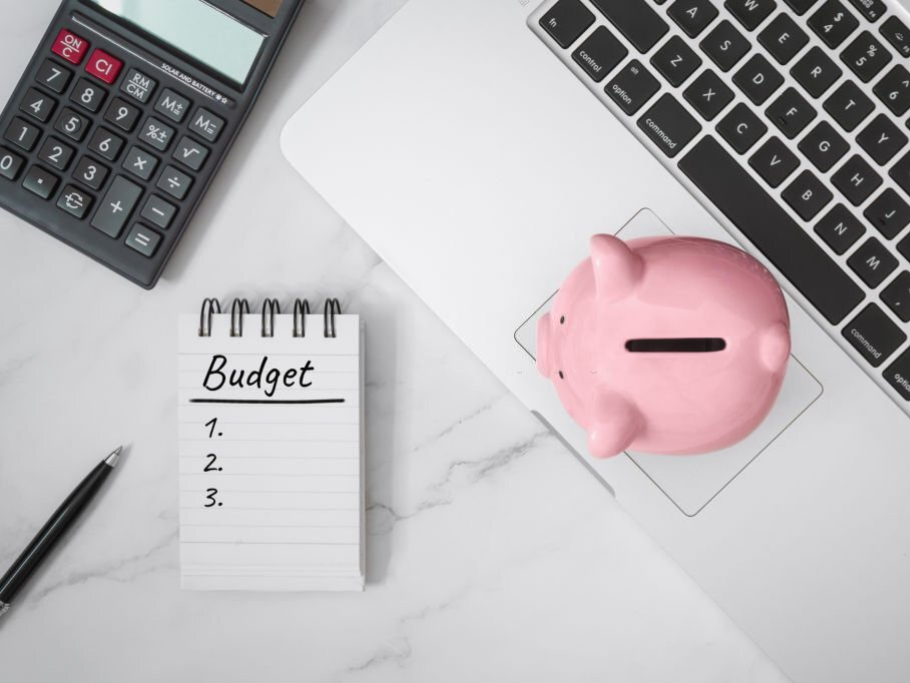Spending more than you have will always hurt your budget. Financial experts say that you should avoid spending more than you can afford and getting into expensive debt if you want to live a healthy financial life. You can also lose sight of your finances if you spend more than you can afford. Therefore everyone including men and women need to set financial goals. Personal finance experts say that too much spending, along with rising inflation and interest rates, could cause more people to get into high-interest credit card debt. Read further to learn about the common overspending causes and ways to stop the same.
Overspending Causes
1. Rewarding
Are you a frugal shopper who rarely spends more than they can afford, or do you buy too much because you want to treat yourself? If you're in the second group, it could be because you don't have enough self-control. People who think that willpower is limited are more likely to trick themselves into thinking that they deserve a reward whenever they show a little bit of willpower. They might get into the bad habit of spending more money than they can afford on something to give themselves as a reward. This is one of the main overspending causes.
2. Keeping Up
Many people worry that their neighbors will think less of them if they don't live up to a certain standard. Trying to keep up with the Joneses is what this means. The truth is that everyone in the neighborhood thinks and feels the same way.
3. Lifestyle Maintenance
When someone has been living a certain way for a while and then finds themselves in a bad financial situation, it is hard for them to change. They feel like they have to keep living the way they are used to, even if that means taking on more debt and then filing for bankruptcy.
4. Sense Of Power
Many people report feeling more confident after making large financial purchases. The simple act of spending a significant amount of money gives them a surge of false power. This is true regardless of whether they are handing over a wad of cash or pulling out a gold card to charge the money. This is among the main causes of overspending.
5. They Can't Say No
Some people just can't say "no" when a child asks for the latest craze item or when a spouse wants the latest computer game. Even if they can't afford to say no because they don't have enough money to meet the other person's needs, they still feel like a failure even if they can't afford to say yes. No matter what it takes, these people will not give up on overspending, even if it means going all the way to the bankruptcy court.
Ways To Stop Overspending
1. Know Your Triggers
Determine the reasons for your overspending. According to psychological research, there are a lot of different reasons why people spend more money than they should, like trying to keep up with the Joneses or trying to calm their emotions with material possessions. If you are aware of the factors that contribute to your excessive spending, it will be much simpler for you to maintain financial discipline. This is among the best ways to stop overspending.
2. Create A Budget
 Create A Budget
Create A Budget
How many times have you heard that it is important to make a plan for how you will spend your money and stick to it? If you are like me, you won't be able to figure out how many there are. But if you can't stop yourself from overspending, making a budget may seem like an impossible task. But that is not always the case. The best way to make a budget is to start by adding up all of your monthly expenses, like rent, utilities, and loan payments. To reach your budget goals digitally, you may as well use budget apps in the market that are very effective.Then, add up all of your savings, and then subtract everything from your monthly paycheck. All that's left to do is give some money.
3. Track Your Spendings
Start keeping track of everything you spend so you can get a better idea of where your money is going once you have identified the source of your financial difficulties. Now that you have this knowledge, you will be able to make more informed choices about how to spend your money and reduce your spending on activities that are not as vital. Maintain in mind that even insignificant expenditures might result in a significant sum of money by the end of the month, and for this reason, you should also keep tabs on them.
4. Build Up Your Savings
After you have created a monthly budget, you should consider whether or not you can live off of an amount that is lower than what you bring in each month. If you can do so, you should deposit the additional money into a savings account. This will allow you to save money more quickly and provide you with a reserve for emergencies if something goes wrong. And if all of a sudden you start getting less money every month, you might be able to manage it better because you've gotten used to surviving on a lower income.
Conclusion
Money management skills are helpful, especially if you want to buy a house or go on a big trip. Being responsible with your money and not overspending can also help your lifestyle since you will be able to pay all your bills and still have money left over for your wants. Finding the right balance between spending money on your needs and wants and being able to save is a big accomplishment because it will help you keep track of all your money for the future. We hope that this article has helped you in stopping overspending.

